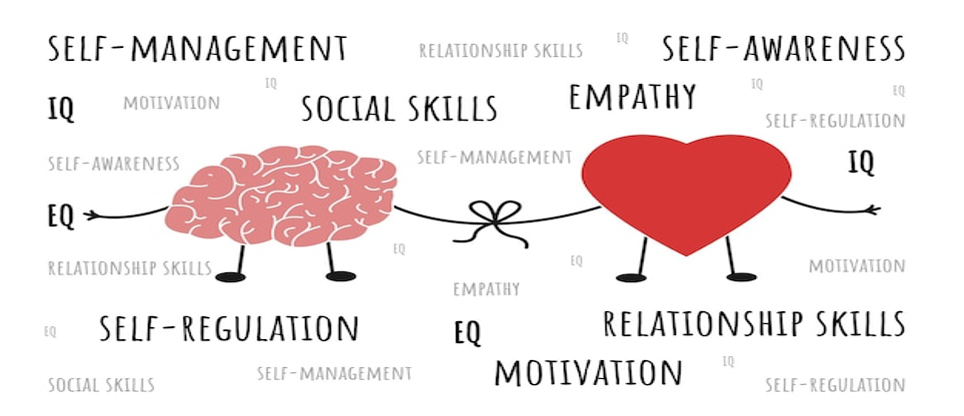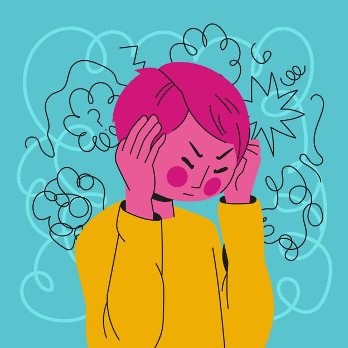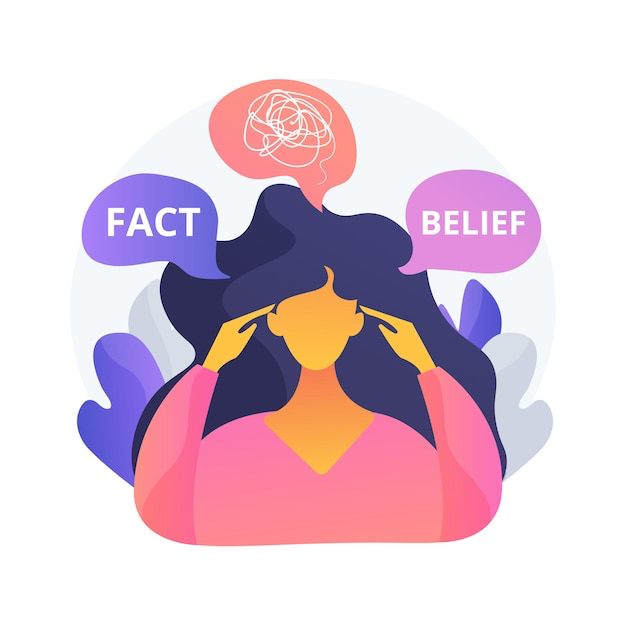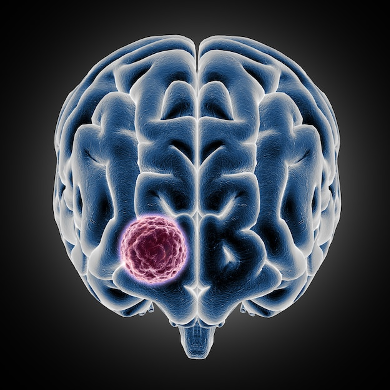Hypnosis
Hypnosis
I follow the teaching of Gil Boyne and Milton Erikson and according to them hypnosis is a natural state of mind with the following special identifying characteristics
– An extraordinary quality of relaxation
– An emotionalised desire to satisfy the suggested behaviour, the person feels like doing what the hypnotist suggests, provided that what is suggested does not generate conflict with his belief system.
– The organism become self-regulating and produces normalisation of the central nervous system.
– Heightened and selective sensitivity to stimuli perceived by the 5 senses.
– Immediate softening of psychic defences. (Gil Boyne)
– A state of intensified attention and receptiveness, and an increased responsiveness to an idea or to a set of ideas (Milton H Erickson)
We can only experience change by initiating a process of change, not by talking or thinking about it!! If that it is all it took, the hungry could be fed by the thought of food!

Intellectual awareness does not trigger a therapeutic response. When the feeling mind and the intellectual mind are in conflict the feeling mind wins out.

“Hypnotherapy brings our feeling mind into alignment to our intellectual mind.”
Sometimes the intellect may overrule the feelings to avoid painful consequences, such as keeping us from telling the boss off when he makes us angry!
Or in the case of obesity and alcoholism, the intellect knows that this behaviour is wrong, but the feelings win, and we continue to eat or drink because it makes us feel good or temporarily stops us from feeling bad.


When the intellect takes over to implode feelings, the imaginative function can become intensely negative, leading to feelings of hopelessness. Hopelessness leads to despair which then leads to anti-life behaviour in the form of either fast suicide or slow suicide through alcoholism, drug addiction, obesity or compulsive sexuality.
Compulsive overeating, drug taking, and similar behaviours are an effort to insulate us from “the slings and arrows of outrageous fortune” or in other words, to avoid painful experiences or situations.
Feelings can be exploded or imploded. Allowing some feelings to explode keeps us in touch with reality. Imploded feelings can lead to depression.

But likely we can use the imagination as a source of hope!
There is nothing you cannot imagining doing! We can imagine the coming together of elements in our life that will bring happiness by helping us to fill our deepest needs.
In order to create the change, we need to feel it and I use regression as a tool to create those changes.
Regression is very powerful
It will depend on what are you looking help for whether I will use regression or not.
But I would say that if you want to go to the root of the problem you need to use regression. Regression means that during the session and while hypnotised, you will go back to a time and place when you were younger and you were having the same feelings that you are having now, in the present adult life.
My job is using regression in time to find out what issues were associated to those feelings, what wrong theory your child mind created at that time that is still guiding you in the adult life. My last client had not used regression with another hypnotherapist before and she was very passionate about it. She said it was very powerful, very surprising.
What is Regression
Regression therapy focuses very specifically on past events or memories in this life and how they influence the way we behave in the present day. This is particularly relevant to those trying to overcome childhood emotional abuse. Still, it can also apply to many other issues.
I believe that the subconscious mind can repress trauma if it was inflicted at an age before the mind could figure out how to process it. So, I will drum up memories through hypnosis.
During the session with regression, you will experience an emotional release, allowing you to help facilitate a subconscious relearning.

The subconscious relearning component will involves letting go of negative emotions or preconceptions formed during certain experiences.
There are wrong beliefs that are imprinted in our subconscious mind that are harmful and do not let us move forward in life. We will work during the session to relearn new ways of doing things and thinking patterns.
Emotional abuse during childhood has also been shown to increase the risk of anxiety disorders, bipolar disorder, major depression, personality disorders, post-traumatic stress among others. The experience may also translate into a higher risk of substance abuse as a result of changes in their brain associated with impulse control and decision-making.

Emotional abuse and neglect during childhood can have several negative effects on how the brain develops. Some of these are:
Decreased size of the corpus callosum, which integrates cortical functioning—motor, sensory, and cognitive performances—between the hemispheres. Decreased, size of the hippocampus, which is important in learning and memory. Dysfunction at different levels of the hypothalamic-pituitary-adrenal (HPA) axis, which is involved in the stress response. Less volume in the prefrontal cortex, which affects behaviour, emotional balance, and perception. Overactivity in the Amygdala, which is responsible for processing emotions and determining reactions to potentially stressful or dangerous situations.
During the regression I will be able to reproduce the initial sensitising event and changing the memory or decontaminating a feeling memory in order to reprogramming your mind and focus on healing suggestions. It will all depend on what may come out on the session that specific day.


Regression is safe, you do not lose control. Some people do not want to use regression because they are afraid of what may come out. It is very respectful and not all hypnotherapy treatments need regression. You will not do anything you do not want to do.
Regression may be new for you, some tears may appear as I deal with emotions, but after the session you will feel relief, like if a massive weight has been lifted from your shoulders.
Book your next appointment
